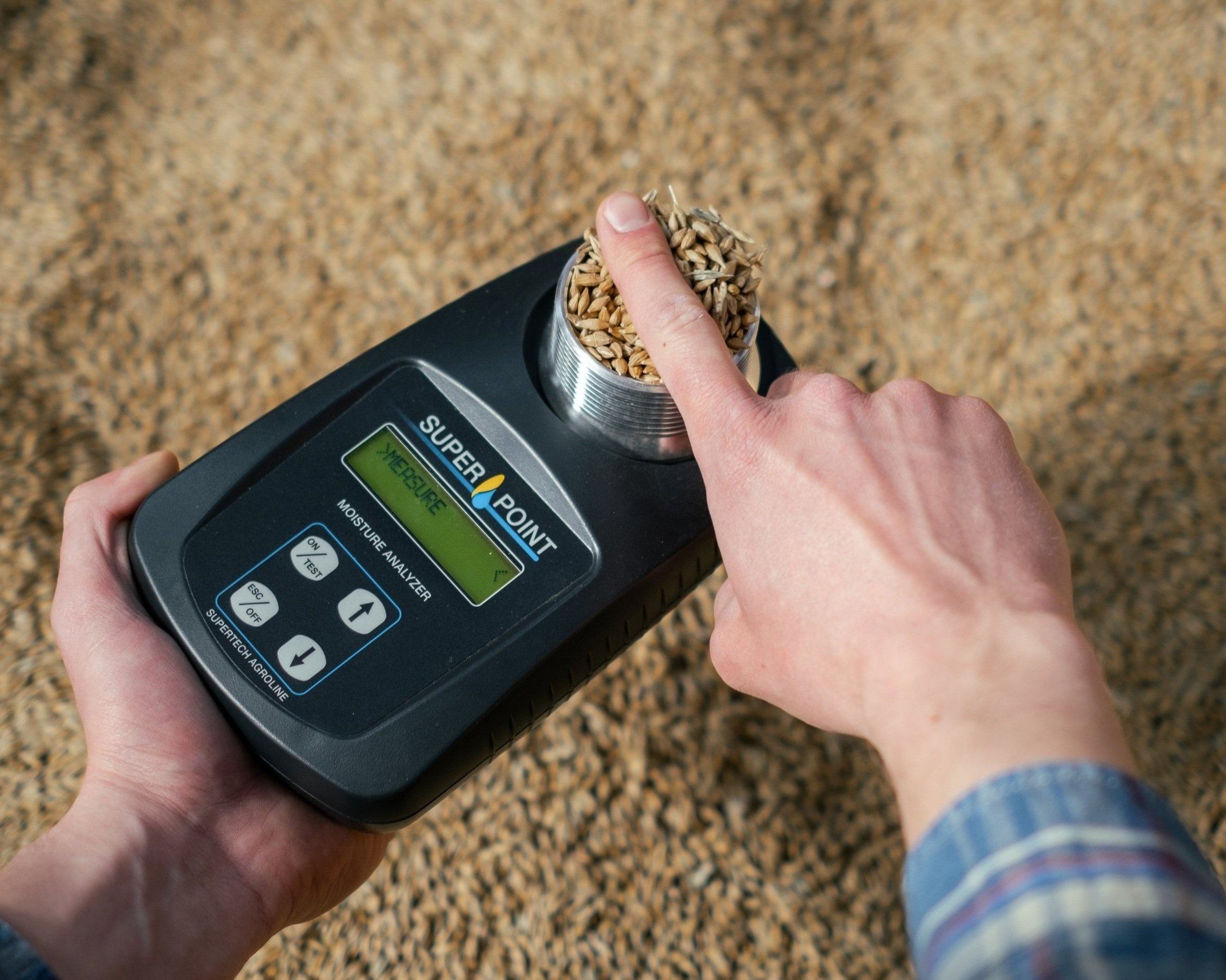Leading 10 Benefits of Using a Moisture Meter for Definite Measurements in Your Home
Leading 10 Benefits of Using a Moisture Meter for Definite Measurements in Your Home
Blog Article
The Ultimate Guide to Moisture Meters: A Comprehensive Introduction and Exactly How They Can Conserve You Cash
In the world of structure upkeep, building and construction, and various markets, the significance of accurately gauging moisture levels can not be overstated. Moisture meters function as crucial tools in discovering and checking moisture material in materials, aiding in stopping pricey damages and making sure the top quality of products. Understanding the nuances of different kinds of moisture meters, their applications, and the possible cost-saving benefits they use can be a game-changer for organizations and professionals alike. Finding how these tools can not only simplify procedures but likewise add to monetary savings is a trip worth embarking on.
Kinds Of Moisture Meters
One typical kind is the pin-type wetness meter, which measures the electrical resistance in between 2 pins put into a material. Pinless wetness meters, on the various other hand, usage electro-magnetic sensing unit plates to check a larger location without creating damage to the material's surface.
Moreover, there are additionally specialized wetness meters made for certain products like hay, grain, or dirt. These meters supply accurate dampness analyses tailored to the special homes of the product being tested. Infrared moisture meters measure the thermal buildings of a material to establish its moisture content non-invasively, making them helpful for applications where pin or pinless meters might not be appropriate. Understanding the various sorts of moisture meters readily available can assist markets pick the most appropriate tool for their details wetness dimension needs.

Advantages of Making Use Of Moisture Meters

In addition, making use of dampness meters can lead to increased energy efficiency. In farming settings, moisture meters play an essential role in optimizing crop returns by enabling farmers to monitor dirt wetness degrees and make educated watering choices.
Exactly How to Choose the Right Moisture Meter
Selecting the appropriate wetness meter includes considering crucial aspects such as product compatibility, measurement variety, and calibration accuracy. When selecting a dampness meter, it's vital to make certain that the meter is suitable for the certain material you will be testing. Different products have varying electrical homes that can influence dampness readings, so selecting a meter developed for your material is important for accurate outcomes. Additionally, think about the dimension series of the wetness meter. Make sure that the meter can detect moisture degrees within the range needed for your applications. Calibration precision is one more critical variable to remember (Moisture Meter). Choose a wetness meter with trustworthy calibration to ensure specific and regular readings. Some meters might need routine calibration modifications, so understanding the calibration procedure is very important. By meticulously reviewing these this aspects, you can select a dampness meter that fulfills your demands and provides precise wetness dimensions for your jobs.
Correct Methods for Moisture Meter Use
To guarantee exact moisture analyses and make the most of the performance of a dampness meter, using proper strategies is necessary. When using a pin-type wetness meter, place the pins or probes into the product being examined till they make complete contact. Make certain the pins are vertical to the surface to obtain one of the most exact reading. For pinless moisture meters, hold the gadget level versus the product and relocate gradually to cover the entire location for a typical analysis. It's vital to calibrate the moisture meter according to the product being examined to boost precision. Take multiple analyses throughout the surface area and ordinary them out for a more reliable outcome. In addition, ensure that the material being checked is acclimated to the setting to avoid manipulated readings. Regular maintenance of the dampness meter, such as cleansing the pins or sensing unit, is also important to guarantee accurate and regular analyses. By complying with these correct strategies, customers can depend on their wetness meter to supply reliable wetness levels, assisting in stopping pricey damages or making certain high quality in numerous applications.

Expense Cost Savings With Moisture Meter Applications
Exactly how can the calculated application of dampness meters lead to significant price financial savings throughout numerous industries? In the informative post farming sector, wetness meters aid in determining the optimal time for harvesting plants, avoiding over-drying or excess wetness that can affect the final product's quality.

Furthermore, in the food processing market, moisture meters are essential for keeping track of product quality and guaranteeing conformity with safety policies. By accurately gauging wetness content in food, producers can stop wasting, preserve quality, and reduce waste, causing significant expense savings. On the whole, the critical application of wetness meters is a valuable investment that can moved here cause substantial price reductions and boosted efficiency across numerous markets.
Final Thought
Finally, dampness meters are important devices for detecting and measuring dampness degrees in different products. By using the appropriate wetness meter and adhering to proper methods, users can successfully protect against costly problems triggered by excess wetness. Buying a top quality moisture meter can bring about considerable cost savings over time by recognizing possible issues early and allowing timely removal. Ultimately, wetness meters are vital instruments for keeping the integrity and durability of structures and products.
Dampness meters serve as crucial devices in finding and monitoring moisture material in products, assisting in protecting against costly damages and guaranteeing the high quality of products. Infrared moisture meters gauge the thermal buildings of a material to establish its moisture content non-invasively, making them helpful for applications where pin or pinless meters might not be appropriate.Wetness meters supply vital benefits in accurately keeping track of and analyzing dampness degrees in varied materials and environments. In farming setups, moisture meters play a vital duty in optimizing crop returns by allowing farmers to check soil wetness levels and make informed watering decisions.In final thought, dampness meters are beneficial devices for discovering and gauging dampness degrees in different materials.
Report this page